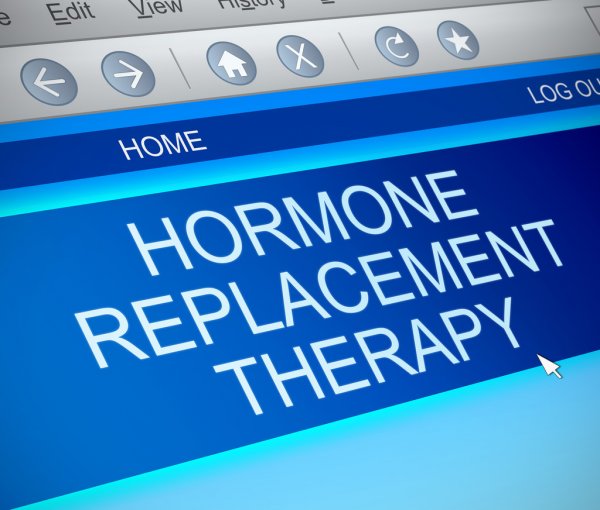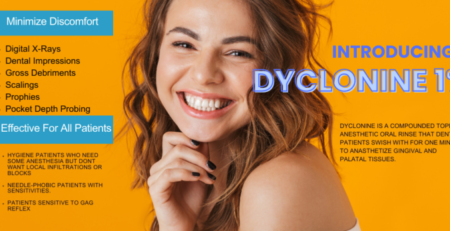Key Things That You Should Know About Hormone Replacement Therapy
 With age, human beings suffer from various physical and mental health disorders, and also hormonal health issues become more prevalent. Due to a significant decrease in the level of sexual hormones – estrogen and progesterone, women suffer from hormonal imbalances. Though women primarily undergo hormone replacement therapy, yet to curb frustrating symptoms due to hormonal imbalances, health specialists prescribe ideal hormone replacement therapy for men as well.
With age, human beings suffer from various physical and mental health disorders, and also hormonal health issues become more prevalent. Due to a significant decrease in the level of sexual hormones – estrogen and progesterone, women suffer from hormonal imbalances. Though women primarily undergo hormone replacement therapy, yet to curb frustrating symptoms due to hormonal imbalances, health specialists prescribe ideal hormone replacement therapy for men as well.
What is Hormone Replacement Therapy?
also known as menopausal hormone therapy or postmenopausal hormone therapy, is a form of hormone therapy used to treat symptoms associated with female menopause.
What are the top symptoms of menopause?
The typical symptoms of menopause are consistent mood changes, hot flashes, and excessive sweats at night, vaginal dryness, reduced sexual drive, excessive sweats at night, tooth loss, osteoporosis, fatigue, insomnia, and severe headaches. The best option is to undergo hormone replacement therapy for women to check and mitigate the symptoms effectively.
What are the different forms of HRT?
Depending on the symptoms and health conditions, a gynecologist will prescribe the following:
- In taking hormone pills on a daily basis
- Placing of Intrauterine devices inside the uterus
- Consumption of Estrogen and Progesterone tablets
- Applying creams and gels directly on bruised skin and wrinkles
- Application of transdermal spray on the forearm
- Insertion of vaginal tablets or placing creams directly into the vagina
Who can guide you correctly if you need to undergo hormone therapy?
Apart from the doctor whom you consult frequently, experienced gynecologists or obstetricians, intern physicians, nurses, and physician assistants, too, can prescribe the correct therapy for hormone replacement for women.
What are the potential side effects?
Many women, who underwent therapy, felt breast soreness, dizziness, severe headaches, nausea, vaginal bleeding, and blurred vision. You should immediately consult your doctor if you notice any such side effects.
What are the alternative options to reduce menopause symptoms?
Other than undergoing natural hormone replacement therapy, to mitigate the typical menopause symptoms, you should stay away from consuming caffeine and taking antidepressants, wear soft & fluffy dresses, practice deep breathing, meditate, and perform yoga routinely.
Have any questions? Contact Us!













LEAVE A COMMENT